UNBA Committee reviews new cases of violence against advocates in TCC
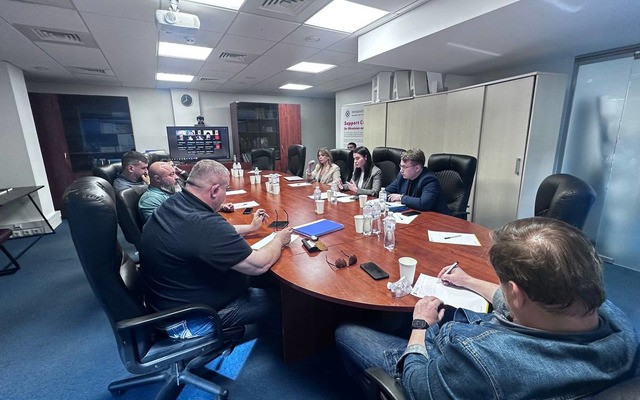
New facts of physical violence, obstruction of access to clients, as well as sabotage of investigations in cases involving lawyers were considered by the UNBA Committee on the Protection of Lawyers' Rights and Guarantees of the Legal Profession during its last meeting.
Participants cited specific examples from Kharkiv and Kyiv, and the Committee identified ways to respond.
One of the most high-profile cases involved an advocate who arrived at a Kharkiv clinic to assist a client who had been removed from the military register. The advocate was forcibly removed from the premises, beaten, and had his phone confiscated. His client was subsequently illegally detained on the premises. After threats and humiliation, the man jumped out of a window. He survived but suffered serious injuries. Despite a statement to the police, the case is not being properly investigated.
Other lawyers from Kharkiv reported numerous cases where they were denied access to their clients at the TCC, even on the instructions of the free legal aid system. Some were injured as a result of physical confrontation: one lawyer had her arm broken by a door, another was kicked in the legs and then forcibly pushed out of the Temporary Commission. In both cases, there was a delay in the investigation, no charges were brought, and access to justice was effectively blocked.
More than ten separate stories were heard at the meeting, all of which had one thing in common: gross disregard for the status of lawyers, physical pressure, and lack of adequate response from law enforcement officials. Of particular concern is the fact that female advocates are increasingly becoming victims, and some of the victims have temporarily lost their ability to work.
A similar problem was reported in the capital. At the Svyatoshinsky District Center for the Protection of Human Rights, one of the advocates had his phone confiscated. In another case, a female advocate was beaten after she informed the duty officer of her status. She was not entered into the visitor log, and the materials relating to the incident were not properly recorded.
The advocates also drew attention to a typical situation where the police formally fulfill their duty to report the detention, but by the time the advocate arrives, they have already managed to draw up a report and transfer the person to the TCC. At the same time, the documents are signed and the time of the alleged «release» is indicated, so when the advocate arrives, he is told that the detainee «left voluntarily» or «is no longer detained». As a result, the person is effectively deprived of the right to defense, and no authority is held accountable.
In response, the Committee proposed the following measures:
- to refer the matter to the Verkhovna Rada’s temporary investigative commission on possible violations of Ukrainian law in the implementation of state defense measures;
- initiate a joint meeting of the parliamentary committees on legal policy, defense, and law enforcement;
- appeal to the Prosecutor General, the Chairman of the High Council of Justice, and the Chairman of the Supreme Court;
- analyze the available facts of ineffective investigation and consider appealing to the ECHR.
The Committee members stressed that the legal community must defend itself systematically and consistently. The accumulation of dozens of documented cases can become not only an argument at the legislative level, but also a prerequisite for international response.
Popular news
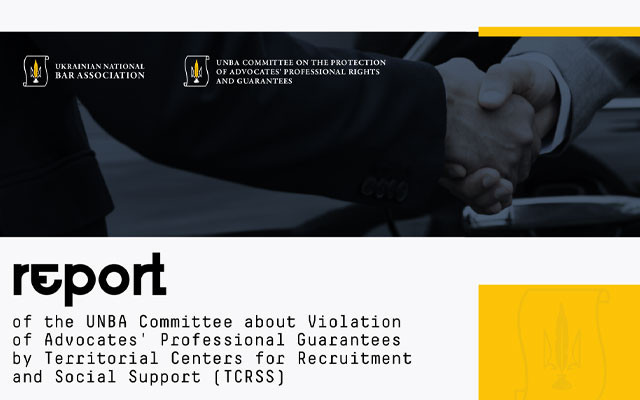
Guarantees of the practice of law
The UNBA presented a report on violations of advocates' rights in the TCC
The Committee for the protection of advocate's rights and guarantees of legal practice of the UNBA has prepared a consolidated report on violations of advocate's professional rights and guarantees of legal practice by territorial recruitment and social support centers for the period from 2022 to the first half of 2025.
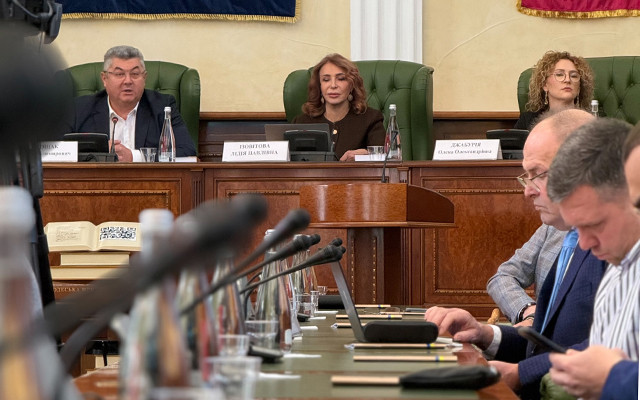
Guarantees of the practice of law
L. Izovitova: today advocacy maintains its independence and fights for guarantees for the profession
The Ukrainian advocacy remains an independent, constitutionally recognized institution of justice, which, in the conditions of war, has not only retained its subjectivity, but also consistently fights for guarantees to protect the profession.
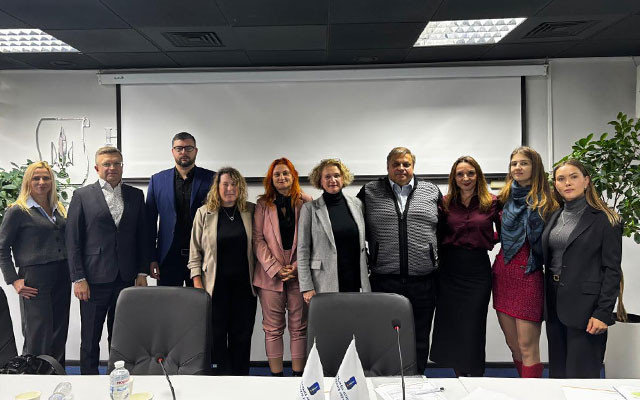
Discussion
Urban Planning Code: what should the new rules for rebuilding Ukraine be?
Does Ukraine need separate codification in the field of urban planning, which model of law to choose, and how to ensure a balance between the interests of the state, communities, businesses, and citizens in the context of post-war reconstruction?
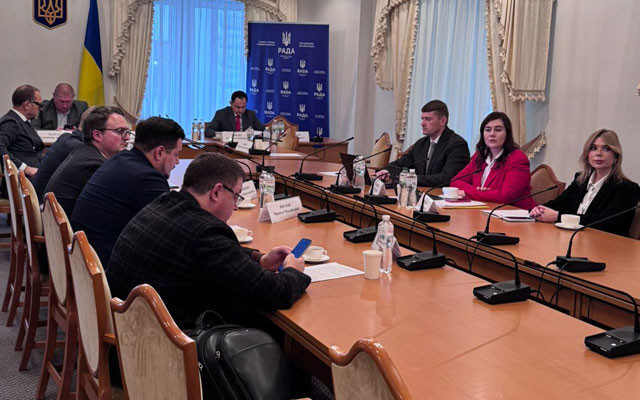
Guarantees of the practice of law
The Verkhovna Rada took another step towards ratifying the Convention on the protection of the profession of advocate
On November 5, the Verkhovna Rada held a working meeting dedicated to the translation of the Council of Europe Convention on the protection of the profession of advocate for its subsequent signing and ratification. The issue was initiated by the Ministry of Foreign Affairs, which drew attention to the key term «lawyer» in the international treaty.
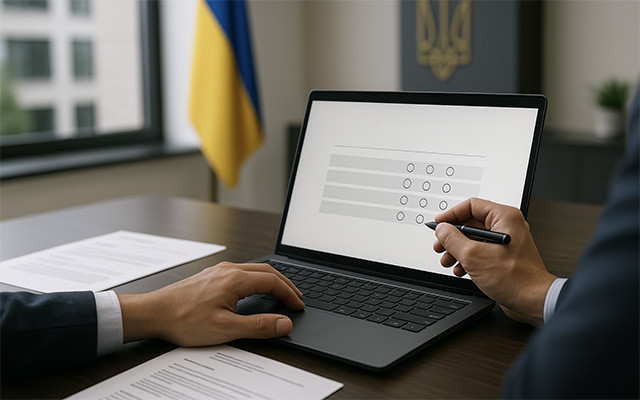
Interaction
NACB is looking for corruption risks in its activities. Advocates are asked to help
The National Anti-Corruption Bureau of Ukraine has launched a survey aimed at gathering information to identify corruption risks in the activities of the National Bureau and prepare an Anti-Corruption Program for 2026–2028.
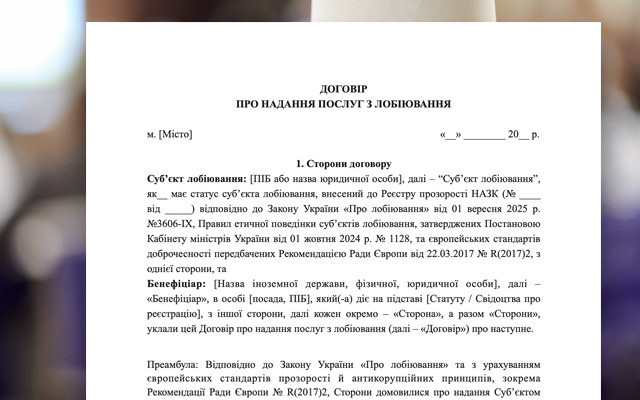
Interaction
Agreement on the provision of lobbying services: a template for advocates has been developed by the UNBA
The Ukrainian National Bar Association has prepared a model agreement for the provision of lobbying services that complies with the requirements of the relevant law and takes into account the specific features of such activities carried out by persons providing legal assistance.
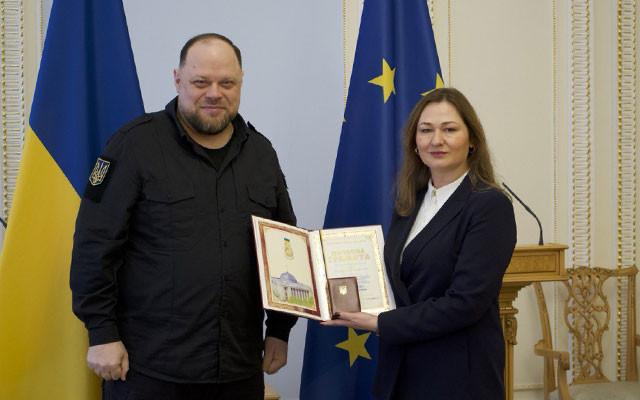
Greetings
Nana Bakayanova awarded with the Certificate of honor of the Verkhovna Rada of Ukraine
Nana Bakayanova, head of the Department of judicial, law enforcement and advocacy organizations at the Odessa Law Academy and secretary of the disciplinary chamber of the Odessa Region Qualification and Disciplinary Commission, received a Certificate of honor from the Verkhovna Rada of Ukraine.
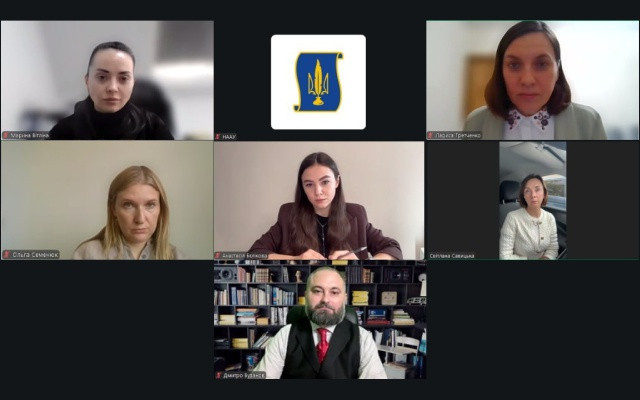
Discussion
Law and feelings: advocates explore contemporary challenges in family law
Marriage and divorce are not only legal procedures, but also social phenomena that require a responsible approach. The UNBA Committee on family law organized and held a professional discussion on the topic «Conscious» marriage and «prudent» divorce: challenges, risks, consequences».
Publications

Censor.net Protecting advocates – protecting justice: addressing concerns about the new law

Ihor Kolesnykov A BRIEF SUMMARY REGARDING THE APPLICATION OF THE ORDER ON EXTENDED CONFISCATION IN LATVIA REGARDING FINANCIAL ASSETS OF…

Valentyn Gvozdiy WORKING IN A WAR ZONE

Lydia Izovitova Formula of perfection

Sergiy Vylkov Our judicial system is so built that courts do not trust advocates

Iryna Vasylyk Advocacy in the proclamation of Independence of Ukraine

Oleksandr DULSKY When we cross the border of the Supreme Anti-Corruption Court, we get into another department of the National Anti-Corruption…

Vadym Krasnyk The UNBA will work, and all obstacles and restrictions are only temporary inconveniences
